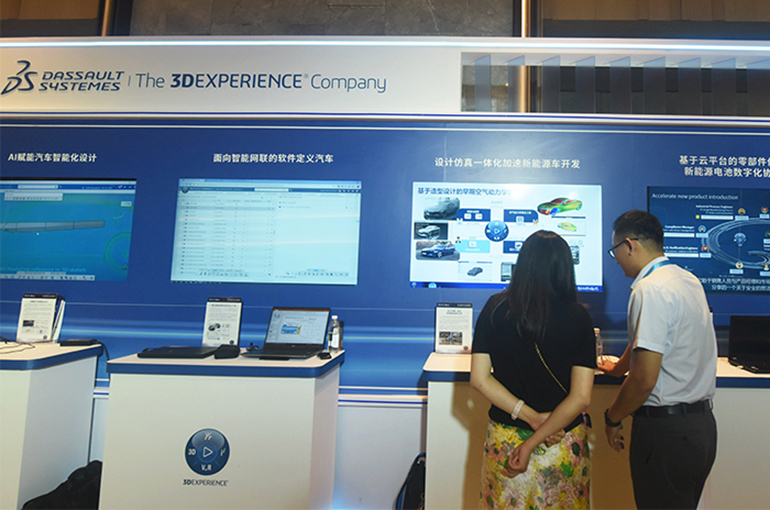Select Language:
French software giant Dassault Systèmes has been strengthening partnerships with Chinese companies developing electric vertical take-off and landing aircraft (eVTOL) as China approaches mass production and delivery of these aircraft.
The company’s operations in China have expanded dramatically, growing 22 times since they first entered the market two decades ago, according to Zhang Ying, president of Dassault China. He shared this information at a recent industry conference. The firm has set up branches and innovation centers in the Guangdong-Hong Kong-Macao Greater Bay Area, highlighting their extensive involvement in the low-altitude economy.
Zhang noted that sectors like aviation, automotive, and high-tech are rapidly integrating with the rise of eVTOL technology. Nearly every aircraft and about 70% of cars now utilize Dassault’s software solutions.
In September of the previous year, Dassault signed an agreement with a Chinese eVTOL startup, AutoFlight, and established a strategic partnership with GAC Group’s eVTOL subsidiary, Govy AirCar. The collaboration focuses on research and development, airworthiness certification, comprehensive value chain cooperation, and smart operations for flying cars.
Govy AirCar’s founder and CEO, Su Qingpeng, mentioned that China is actively testing eVTOLs in cities including Hefei, Hangzhou, Shenzhen, Suzhou, Chengdu, and Chongqing. Regulations around airworthiness are progressing positively, and the next challenge is opening up operational scenarios.
GAC Govy expects to start delivering eVTOLs next year. Su predicts that several models will reach large-scale production and deployment, with prices possibly just two to three times higher than standard taxis.
Industry analysts highlight that Dassault maintains an extensive global aerospace network. While European companies like Siemens and Airbus have been slow in advancing their flying car projects, China has notable advantages in infrastructure, supportive policies, and fostering an innovative ecosystem. These factors give China significant potential to develop its low-altitude economy.
Furthermore, China’s supply chain is robust enough to quickly partner with battery and intelligent driving technology providers, capable of developing batteries, motors, electronic controls, and connected vehicle systems suited for the low-altitude market, Su added.







